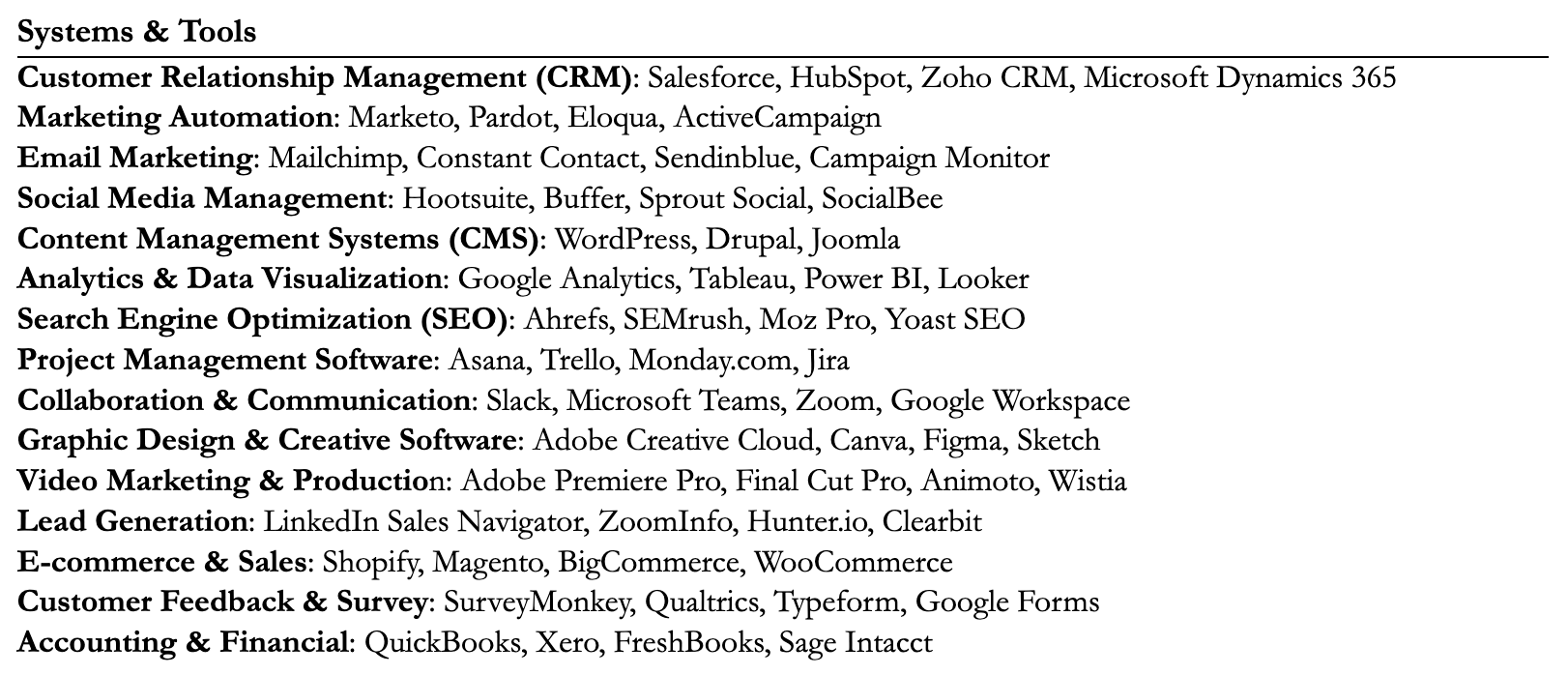Creating a resume that stands out can be challenging. With hiring managers spending only a few seconds on each resume, avoiding mistakes is important.
By avoiding these, you’ll be able to get more interviews and offers quicker.
1. Spelling and Grammar Errors
Nothing turns off a recruiter faster than a resume with spelling and grammar mistakes. It reflects poorly on your attention to detail and overall professionalism.
At Resumeology, we see spelling errors on just about every clients resume! We see it at every level resume too, not just entry level!
A single misspelled word can keep you from getting an interview. What’s worse, you may not notice it for a long time and have no idea this is the reason keeping you from moving forward in the process.
We all make mistakes, but your resume (and cover letter and LinkedIn) should be 100% error proof.
How to Avoid:
- Proofread your resume multiple times.
- Use tools like Grammarly.
- Ask a friend or professional to review it.
- Work with a professional resume writer.
2. Including Irrelevant Information
Listing outdated or irrelevant jobs, hobbies, or personal information that doesn’t add value to your application. We have a tendency to want to include everything that makes us unique and great, however most employers don’t care. What they want to know is: “can you do the job?”.
With a resume, less is more. If you clutter your resume with information recruiters aren’t looking for, it will be more difficult for them to find information they are looking for.
How to Avoid:
- Focus on experiences and skills that are directly related to the job you’re hoping to be in next.
- Remove any unnecessary personal information (e.g., age, marital status).
3. Poor Formatting & Layout
A cluttered, difficult-to-read resume can frustrate recruiters and make important information hard to find.
Columns, tables, graphs, symbols, pictures are all things that can aesthetically make sense, but they can make it difficult to get through the ATS and for the recruiter to quickly decipher the information they need to make a decision. If they can’t make a decision and move on to the next candidate, you will miss out on the interview. This is what we want to avoid.
Recruiters are looking for a clean, simple format that’s easy to read and understand. Many resume writers and career coaches (especially those who have never been in a position to hire) often give their clients really busy resumes to make their clients happy.
It’s important to note that resumes aren’t for clients, they’re for recruiters, hiring managers and employers.
Formatting must be consistent and precise. Meaning, every dash, period space and character on your resume should be in the perfect place. This is another thing most people struggle with, and resume writers don’t pay attention to.
How to Avoid:
- Use a clean, professional layout.
- Ensure consistent font and spacing.
4. Lack of Quantifiable Achievements
Most people struggle to provide metrics in their bullet points. They either have no idea what they’ve accomplished in their roles, or don’t know how to verbally express it.
Including measurable accomplishments is necessary so that your next employer can understand the level of work you’ve done and the impact of that work.
For example: a Customer Service Representative could have worked in a company with 20 employees and your goal could have been to help 15 customers per day, working with no software.
By contrast, another Customer Service Representative could have worked with a global company with thousands of employees and worked to support 15 customers per hour, working within multiple software to accomplish this.
They both worked under the title “Customer Service Representative”, but the level and pace of work was completely different. Making sure you’re showcasing this information, in a way that’s simple and easy to understand to a recruiter is vital.
How to Avoid:
- Include quantifiable achievements (e.g., increased sales by 20%, managed a team of 10).
- Go back through your performance reviews to get data that can be used.
- Look at your old job description, if not available, review job descriptions for similar roles at similar sized companies, in the same industry.
5. Too Long or Too Short
A resume that is either too brief or overly detailed can be problematic. Too short may lack necessary detail, while too long can overwhelm the reader.
We hear clients, at least once a day, ask us if a resume should be one page. We also have those that think their resume is totally fine at 5-6 pages.
Both of these extremes are not good. While we don’t believe that any one length resume will hold back a great candidate, we do believe that having a 2 page resume is what most job seekers should strive for. After 3 years of working experience, it’s almost impossible to keep your resume to one page, nor is it required. A 2-page resume is commonly accepted and preferred by most employers.
How to Avoid:
- Aim for a one-page resume if you’re a new graduate, or have less experience, or two pages for mid to senior level careers.
- If your resume extends beyond 2 pages, there are ways to play with spacing, font size, margins, and omitting less important information to get it on 2 pages.
6. Not Including a Professional Summary
Skipping the summary section can miss the chance to quickly convey your value and career goals.
We no longer need an objective summary, since it’s clear the role you’re applying for online, however we’ve begun using this section to quickly tell the recruiter who you are, what you’ve achieved, and what you’re hoping to contribute to your next employer, in a few sentences.
How to Avoid:
- Write a clear, compelling summary at the top of your resume.
- Focus on your career goals and key qualifications.
7. Inconsistent Tenses
Switching tenses or using inconsistent language can confuse the reader and disrupt the flow of your resume.
How to Avoid:
- Use past tense for previous jobs and present tense for current positions.
- Maintain a consistent narrative style throughout.
8. Overloading with Buzzwords
While keywords are important, overloading your resume with buzzwords can make it sound insincere and cliché.
How to Avoid:
- Use industry-relevant keywords naturally.
- Focus on concrete skills and achievements.
- Use a Core Competencies Section to add keywords.
9. Not including a Complete Technology Section
Technology is something most of us use in any role today. Employers commonly hire based on the technology they currently use, and if you have the same or similar technology knowledge already, it can help you secure the interview, even if you don’t have some of the other desired experience.
Technology sections are not just for technical roles or those going into the tech industry.
Here’s an example of how we display tech skills for our clients’ resumes:

How to avoid:
- Include a detailed technology skills section
- Add technology that’s relevant to your role, not just any technology that you know in general
10. Omitting Contact Information
Forgetting to include essential contact information can make it impossible for recruiters to reach you. You want to make it easy for recruiters to see where you live, how to call and email you, and also how to find you on LinkedIn. If you make them work to find this information, they could skip your application, so don’t make them work for it.
Here’s how we display our clients information at the top of the resume:

How to Avoid:
- Clearly list your name, phone number, email address, and LinkedIn profile.
- Ensure your contact information is up-to-date and professional.
Creating a standout resume involves more than just listing your job history. By avoiding these common mistakes, you can create a polished, professional resume that captures the attention of recruiters and increases your chances of securing an interview.
Remember, your resume is often your first impression—make it count!
FAQs:
Q: How often should I update my resume?
A: It’s a good practice to update your resume every 6 months or whenever you acquire new skills, experiences, or accomplishments.
Keeping a running copy of your resume book marked on your Google Docs/Drive account is a good way to keep in the habit of keeping it fresh so you’re not scrambling for it last minute when a great opportunity arises.
Q: Should I include all my work experiences?
A: Only include relevant work experiences that add value to your job application. It’s not necessary to list every job you’ve ever had.
Q: How can I make my resume stand out?
A: Focus on quantifiable achievements, tailor your resume to each job, and use a clean, professional layout.
Crafting your own resume can be really difficult. If you need help with anything we mentioned in this blog post, we’d be happy to help! Visit our services page to check out our packages!










